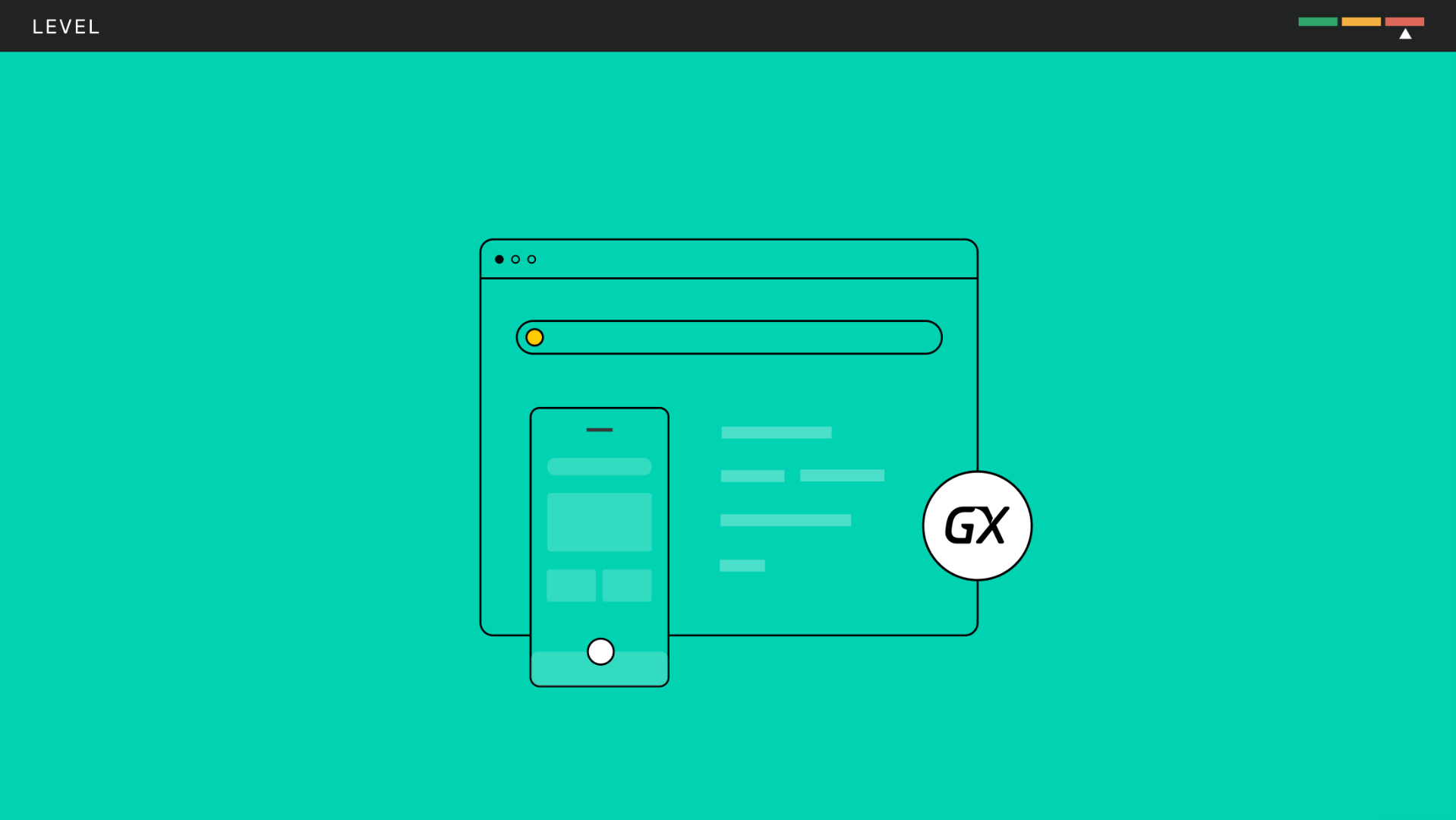-
The main new features of GeneXus 18
-
Transactions and Database structures
-
Formulas. An integrating look.
See more -
Effects of Adding an Attribute to a Table that Already Contains Data
See more -
Redundant Attributes and their Maintenance
See more -
Subtypes: an encompassing look
See more -
Parallel Transactions
See more -
Dynamic Transactions
See more -
More about Events in Transactions
See more -
Transaction Design and Normalization. An encompassing look
See more -
Logic subordination
See more
-
-
Data query and update
-
For Each command in Depth. Where are queries resolveded?
See more -
Logic for querying the database in GeneXus. An encompassing look
See more -
Paging in For Each, Pattern, and Grid
See more -
Order clauses and performance
See more -
Unique Clause
See more -
Determination of base tables
See more -
Cases of nested For each commands. Formalization
See more -
Business Components. Rules, events, and checks. Review
See more -
Business Components. Rules, events and checks. Review part 2.
See more -
Business Components. Update or Insert (batch) and Data Provider
See more -
Business Components: Differences Between Methods
See more -
Update with Business Component. Behind the Scenes
See more -
Update with Business Component. Examples
See more -
Handling Commit and isolation levels
See more -
Concurrency Control
See more -
Designing Dynamic Queries. Query Object.
See more -
Designing Dynamic Queries with Parameters
See more -
Designing Dynamic Queries: Dashboard Object
See more
-
-
UI Design/UX
-
Integration
-
How to Access External Data. Introduction
See more -
Accessing external databases (DBRet and DataView)
See more -
Web Services. advanced aspects
-
-
Project Methodology
Versions: GeneXus 17, GeneXus 18
GeneXus Proficiency course
Total length of videos: 9h 30m

Clases
Expand the knowledge learned in the course
Presentation
Objective
To complete the third stage (after the Core and Advanced courses) of learning the logic of
GeneXus, in order to reach the GeneXus Senior Analyst level for joining development teams
that require high levels of quality and expertise.
Prerequisites:
Having the skills taught in the GeneXus Core and GeneXus Advanced courses, which include
the expertise gained in the workshop and practice exercises.
Course content
It consists of:
● Videos that are considered essential to the course
● Additional videos that provide more details
Several videos (those focusing on logic) complement, synthesize, or integrate topics seen in the
two previous courses, especially in the Advanced course. Therefore, if you do not remember
them, it is recommended to pause the video you are watching, replay those other videos, and
then return to it. Each video indicates what you should have watched before.
Other videos go into topics that are not about logic, but are still important when developing
complex applications (such as the use of web services, for example).
There are also some videos that only introduce new technologies or useful topics for
development.
Most videos were recorded with GeneXus 17, but they are still valid for GeneXus 18 (if there are
any differences between versions, they are indicated in the video).
This course does not include practice exercises, and is for self-study purposes, so it does not
have a forum or live online classes, but you will be able to take an exam.
Duration of the videos
9 hours and 30 minutes (not including the additional videos).
Exam and certification
The exam consists of a small set of questions on the most important topics regarding the logic
of GeneXus, which comprise the knowledge gained in the three courses (Core, Advanced, and
Proficiency).
If you pass the exam and are certified as a “GeneXus Analyst,” you will automatically receive
the “GeneXus Senior Analyst” certification.
To complete the third stage (after the Core and Advanced courses) of learning the logic of
GeneXus, in order to reach the GeneXus Senior Analyst level for joining development teams
that require high levels of quality and expertise.
Prerequisites:
Having the skills taught in the GeneXus Core and GeneXus Advanced courses, which include
the expertise gained in the workshop and practice exercises.
Course content
It consists of:
● Videos that are considered essential to the course
● Additional videos that provide more details
Several videos (those focusing on logic) complement, synthesize, or integrate topics seen in the
two previous courses, especially in the Advanced course. Therefore, if you do not remember
them, it is recommended to pause the video you are watching, replay those other videos, and
then return to it. Each video indicates what you should have watched before.
Other videos go into topics that are not about logic, but are still important when developing
complex applications (such as the use of web services, for example).
There are also some videos that only introduce new technologies or useful topics for
development.
Most videos were recorded with GeneXus 17, but they are still valid for GeneXus 18 (if there are
any differences between versions, they are indicated in the video).
This course does not include practice exercises, and is for self-study purposes, so it does not
have a forum or live online classes, but you will be able to take an exam.
Duration of the videos
9 hours and 30 minutes (not including the additional videos).
Exam and certification
The exam consists of a small set of questions on the most important topics regarding the logic
of GeneXus, which comprise the knowledge gained in the three courses (Core, Advanced, and
Proficiency).
If you pass the exam and are certified as a “GeneXus Analyst,” you will automatically receive
the “GeneXus Senior Analyst” certification.
Accelerate your learning with teacher support
With instructors and fellow students, it's even easier to learn.